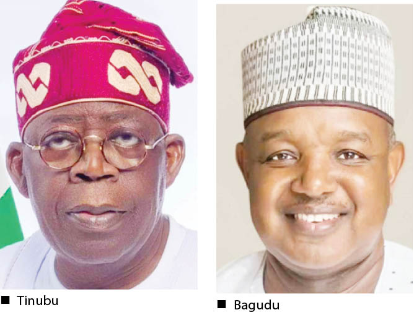
The Nigerian government’s decision to sign the Samoa Agreement, worth $150 billion, has drawn criticism from clerics, rights activists, and Civil Society Organisations (CSOs).
The agreement, officially known as the EU-ACP Agreement, serves as the legal framework governing relationships between 15 states in the EU and approximately 79 states in Africa, the Caribbean, and the Pacific (ACP).
The Samoa Agreement is designed to promote trade and development cooperation, acknowledging the need for reciprocal benefits for all parties involved.
The agreement is subject to renegotiation every 20 years and was intended to be periodically revised, typically within the 20-year timeframe. However, some members of civil society have begun mobilizing Nigerians against the Samoa Agreement, expressing public opposition to the government’s intention to sign the agreement and bind Nigeria to its terms.
They argued that the agreement was incompatible with the country’s constitution and should be rejected to safeguard the country from potential pitfalls in the treaty.
In response to public calls from some civil society organizations operating in Nigeria, the Nigerian Ministry of Foreign Affairs (MFA) issued a statement defending its position.
In November 2023, the MFA informed Nigerians that the Federal Government of Nigeria was not represented at the signing ceremony held in Samoa and consequently had not signed the agreement.
The statement concluded by affirming that ‘relevant Nigerian stakeholders are currently scrutinizing the agreement to ensure its provisions align with Nigeria’s domestic legislation.






